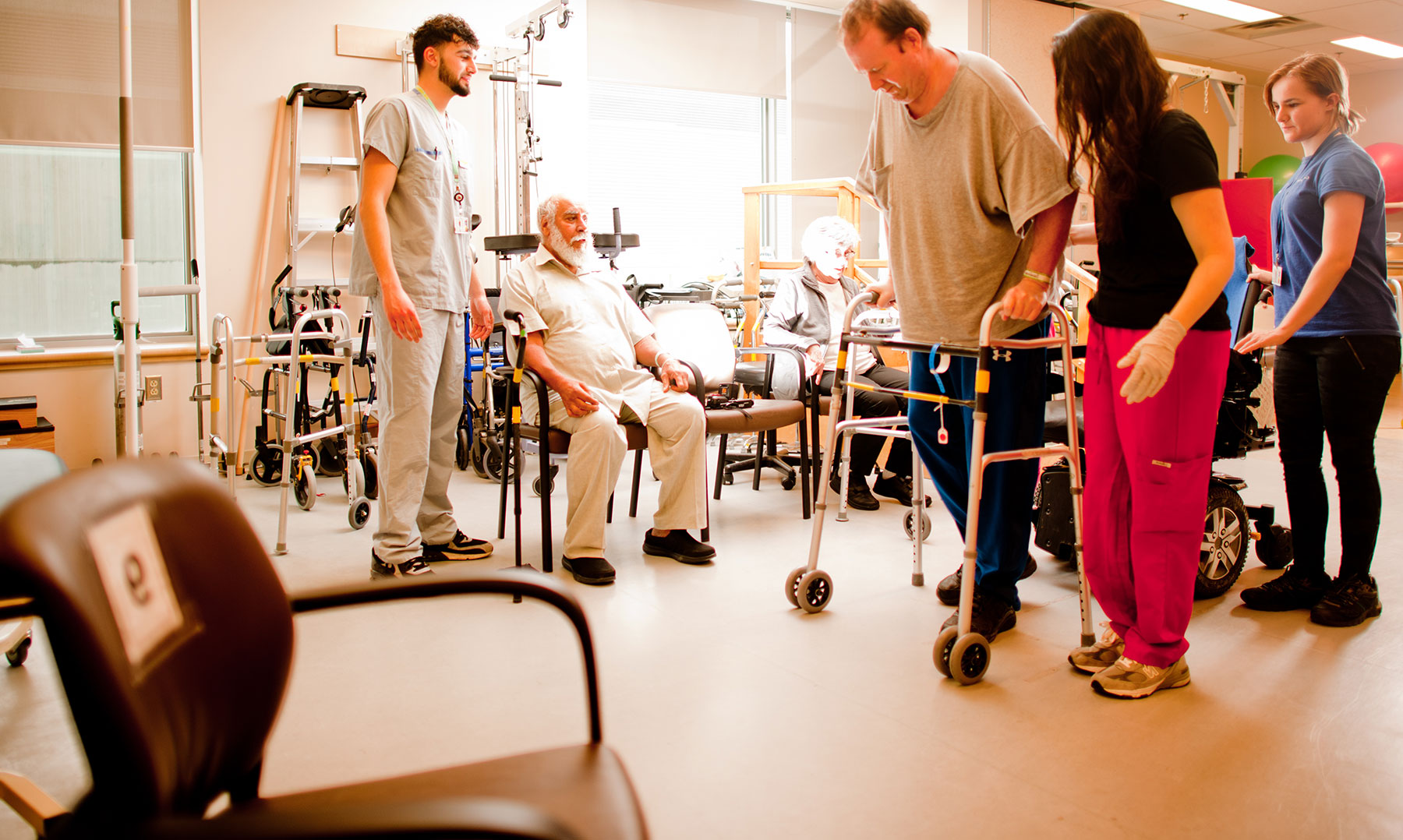It's common to have emotional worry while living with cancer. Many people have “ups and downs” during their treatment, and even from one moment to the next. While this can be difficult, rest assured that it is normal.
You may feel scared, angry, numb or confused. You may have trouble listening to, understanding or remembering what people tell you during this time. Consider bringing a notebook to your medical appointments to make notes and to help you remember any questions or concerns. It may also help to ask a family member or friend to come with you to appointments.
How do I know if I am having difficulty coping? When should I ask for help?
It is important to communicate with your health care team throughout your cancer journey. We are here to help and support you, and there are many community resources that can also provide support. Unpleasant emotions that last for more than a few weeks or start to impact important areas of your life (i.e. relationships, work, etc.) may benefit from further assistance. Between 35% and 45% of all cancer patients experience significant emotional distress, including depression and anxiety. Up to 70% of patients with advanced cancer experience significant emotional distress. If this sounds like you, please reach out for help.
Who can I contact?
If you are experiencing any of the above, or would like to discuss your experience, you can:
- speak to your social worker, nurse, oncologist or family physician.
- contact our Spiritual Health Therapy team at 905-494-2120 ext. 50411.
- connect with Wellspring, a community agency with experts who can help. They also provide free resources for cancer patients.
For more information, please see the “living with cancer” booklet in our oncology clinic.
Talking with children about cancer
Should I tell my kids I have cancer? |
|
Absolutely! Talking with your children honestly and helping them show their emotions makes it easier for them to feel safe and secure. If you pretend that everything is fine, children may feel that they have to keep their feelings to themselves. They may feel afraid, confused, guilty or angry. Let your children know that their feelings are never wrong and that it's normal to feel one way one day and another way the next. Be supportive and open to their questions and concerns. Keep the lines of communication open and continue the hugs, love and support. Tips to consider:
|
Talking with young children |
|
Young children may find it hard to adjust to a family member having cancer. This can be especially true if their routines get interrupted or if the person with cancer looks or acts differently or is in the hospital. Children may behave or act in different ways to get your attention. They may become clingy or refuse to leave your side. Try to have your children help with day-to-day routines or give them small jobs to make them feel helpful (e.g. ask them to draw you pictures to hang up in your room). Try to keep your children's routines the same as before, if possible. |
Talking with teenagers |
|
Teenagers strive to be independent – and they may find it difficult to remain independent when someone in their family has cancer. You may find your teens reacting in different ways. They can become angry, act out, get into trouble or become withdrawn. Alternatively, you may find that they begin taking on more responsibility, offering more help and providing assurances of love. You can support your teenage children by:
|
Talking with adult children |
|
Although your adult children may have children of their own and have adult responsibilities, they are still your children. They are used to having you take care of them, and it may be an adjustment to now take care of you. They may feel troubled by trying to cope with all of the responsibilities in their lives. The following may help:
|

